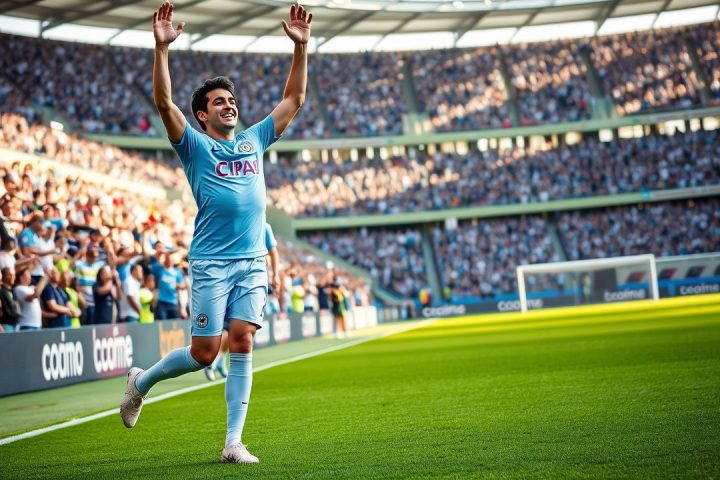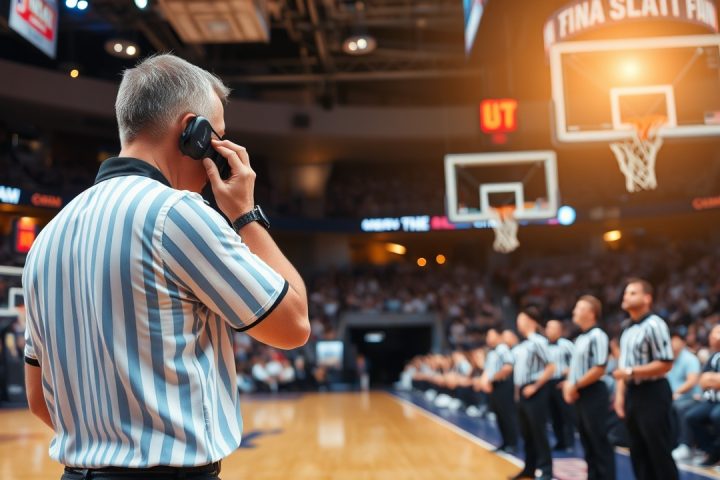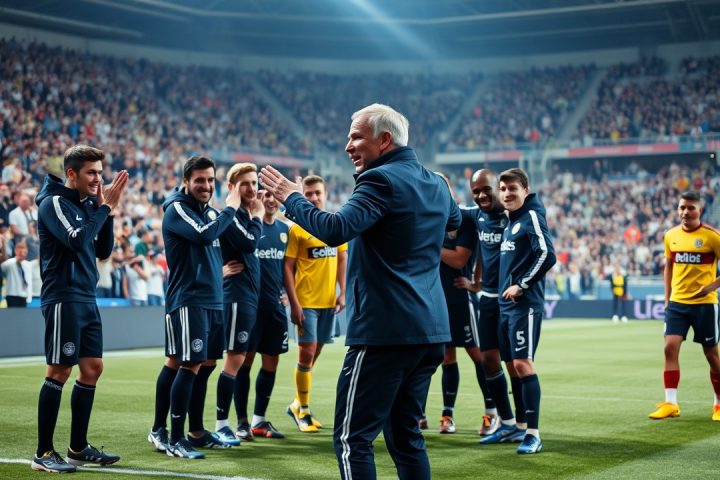Conclusion of Group A Matches at the Club World Cup
The thrilling conclusion to the Group A matches at the Club World Cup showcased intense competition, particularly during the nail-biting games held in Miami and New Jersey on Monday. These encounters underscored the balancing act FIFA faces as it contemplates the future expansion of the tournament, which has now swelled to 32 teams. Although this scaling up has generated significant excitement and affirmation of the event’s viability, the chaotic nature of the matches, highlighted by Porto’s 4-4 draw against Al Ahly and Inter Miami’s 2-2 stalemate with Palmeiras, raises questions about whether an increase in participants truly equates to improved quality and engagement.
Unpredictability in Group Stage
The clashes exemplified the unpredictability inherent in a group stage where only two teams from four can advance, leading to high-stakes moments that prompted teams to fight fiercely until the final whistle. In contrast, next summer’s World Cup—slated to welcome 48 teams—will likely feature a more diluted sense of urgency. With an added stipulation allowing the eight best third-placed teams to progress, the explosive drama witnessed in the Club World Cup matchups could be less common at such a larger event.
Criticism of the 48-Team Structure
The concept of a 48-team World Cup has been criticized as overly expansive; following 72 group matches and more than 6,500 minutes of action, only a third of the participants will ultimately qualify for the knockout stages. This structure risks rendering many preliminary matches inconsequential, eliminating the heightened drama that comes from fierce intra-group rivalries.
High Stakes and Thrilling Matches
As the final matchday approached in the Club World Cup’s Group A, only Juventus and Manchester City in Group G had secured their progression ahead of time, leaving the rest to battle for their places amid a backdrop of evenly matched competitors. The games were particularly captivating in Group A, where existential stakes loomed large for the teams involved. Al Ahly aimed to secure a win against Porto while hoping for a favorable outcome in the match between Palmeiras and Inter Miami, which also had their own motivations for victory to avoid facing the renowned Paris Saint-Germain in the knockouts.
The matches unfolded with a flurry of action; Al Ahly initially took a lead but had to grapple with being equalized multiple times—four goals were scored in one frantic 13-minute span, reflecting an exhilarating atmosphere marked by courageous plays and stunning goals from players like Rodrigo Mora and Wessam Abou Ali. In the dying moments of the encounter, a pass from Palmeiras put two players face-to-face with the Inter Miami goalkeeper, who ultimately kept them from securing their desired outcome.
“It’s disappointing not to have gone through,” lamented Al Ahly striker Abou Ali, expressing pride in his team’s efforts despite the narrow miss.
The unpredictable nature of the tournament highlighted the idea that football still boils down to a head-to-head contest despite the dominance of European clubs, as shown by the unexpected results earlier in the tournament, like Botafogo’s upset over PSG.
Future Considerations and Fan Engagement
The dynamic nature of the groups has led to scenarios where more intricate rules, including tiebreaking criteria based on yellow cards or drawing lots, may need to be employed in subsequent matches. In Groups E and H, for instance, as many as three teams could find themselves tied on points, further complicating qualification efforts.
In this context, Al Ahly’s coach Jose Riveiro noted the responsibility clubs have to engage fans and foster excitement in the stands, emphasizing the importance of high-stakes matches like those witnessed recently. As FIFA weighs its options moving forward, it’s clear that while more teams can enhance participation, the essence of competition remains rooted in the thrill of direct confrontation on the pitch.




